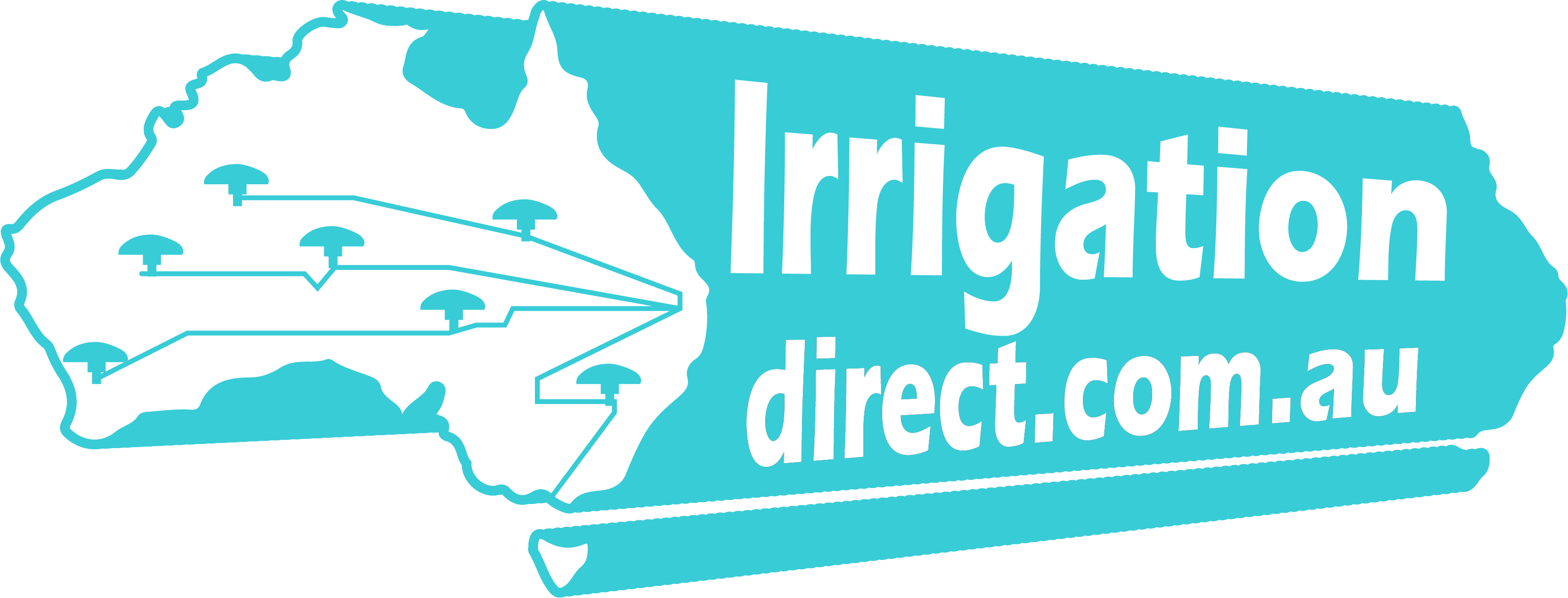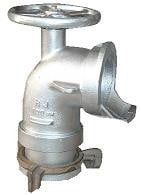IEC Hydrants, Rubbers and Spare parts
Water Management Plan
The era of unlimited high quality water available for irrigation has passed in Australia. There is pressure to ensure that water used for irrigation in urban landscapes is not wasted and is used in an environmentally responsible manner.
There is increasing pressure on Australian urban water users to develop sustainable water management practices. The increasing consumption in turf and landscape areas, the dependence on potable water, inefficient irrigation practices and the relatively low use of recycled or greywater for irrigation are some of the issues that need to be addressed.
Organisations which have responsibility for irrigated areas should develop site water management plans that allow all issues to be considered and incorporated into future decision making processes. Consideration should be given to achieving compliance with Environmental Management Standard AS/NZS ISO 14001:1996.
It is recommended that organisations develop a water management plan for each irrigated site to provide a sound foundation on which future irrigation decisions can be made.
Irrigation managers must consider a breadth of issues when they are making irrigation decisions. These include environmental, horticultural, economic, personnel and community issues.
The site water management plan should include:
• Accurate plan of the site including the irrigation system
• Water supply characteristics, amount, flow rates, quality
• Horticultural assessment – estimated water requirements
• Water restrictions – implications for site
• Strategies to cope with drought
• Soil types, properties and root zone depths
• Irrigation schedule
• System performance targets
• Water quality issues
• Water cost
• Impact on environment of irrigation practices



































